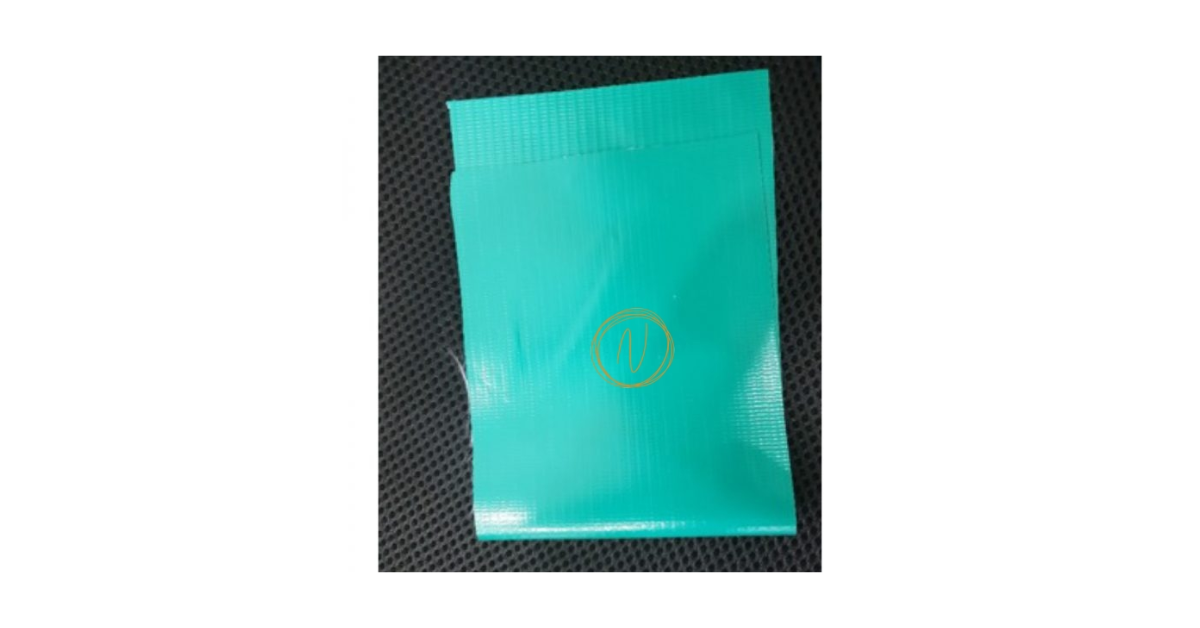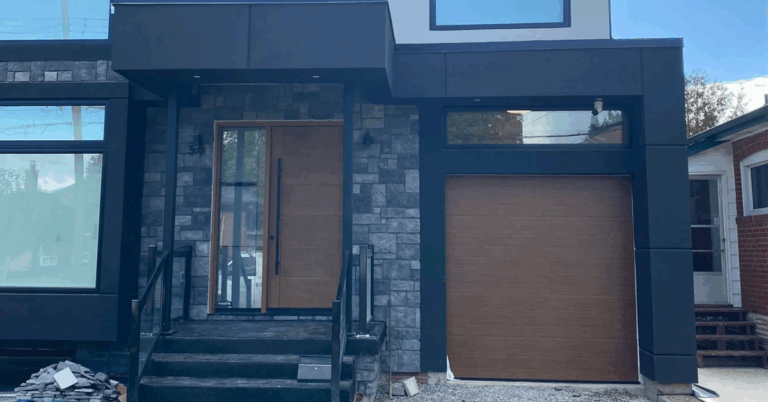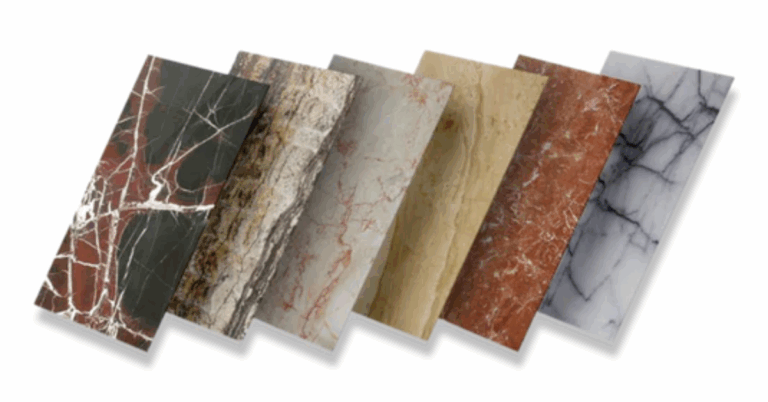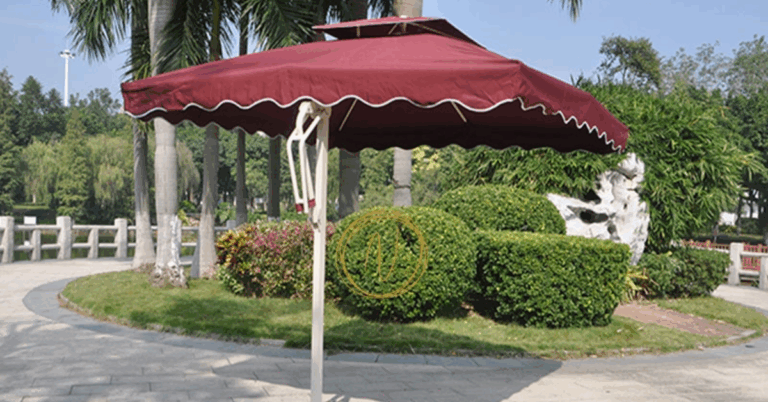The Strategic Advantage of Partnering with a Reliable Canvas Dealer
In the world of industrial fabrics and heavy-duty coverings, finding a reputable Canvas Dealer is more than just a purchasing decision—it’s a strategic partnership. Whether your needs span marine tarpaulins, construction site covers, container protections or custom fabrications, choosing a dependable supplier is critical. One such partner is the firm that offers the “Canvas Singapore” range of products under the brand name NEXGLO, which has carved a niche by catering to a diverse industrial clientele in Singapore. With an emphasis on quality PVC and PE canvas, fire-rated material and customized dimensions, this dealer stands out. In this article we’ll explore what to look for in a canvas dealer, how to evaluate their offerings, why the right partnering matters, and what benefits you gain from choosing wisely.
Why the role of a canvas dealer matters
When you’re sourcing material for large-scale applications such as covering shipping containers, erecting protective shelters, tarpaulins for lorries, or protective covers for lifts the surface fabric and structural integrity become critical. A canvas dealer doesn’t merely supply fabric: they provide technical support, material knowledge, and customization services. A good dealer ensures the material meets specifications like waterproofing, fire resistance, durability against UV and weather, correct thickness, and tailored sizing.
For instance, one provider in Singapore supplies PVC canvas in roll form with dimensions of 1.8 m × 50 m and 0.5 mm thickness, with options for custom sizing. This is a clear example of a dealer going beyond off-the-shelf stock to accommodate client-specific requirements.
Therefore, the canvas dealer becomes a strategic enabler for your project helping you avoid costly mismatches, material failures, and non-compliance issues. By choosing the right dealer you ensure your covering, protection or envelope solution meets both performance criteria and cost efficiency.
Key criteria for selecting the right canvas dealer
Here are several criteria you should use when evaluating potential suppliers:
Material expertise and variety
A top dealer should offer a variety of canvas types PVC, PE (polyethylene) canvas, fire-retardant canvas, marine-grade, construction-grade, container covers, etc. For example, the aforementioned supplier lists PE canvas rolls and their “NEXGLO” line specifically. Material choice matters depending on use case (marine vs construction vs industrial wrap).Customisation and flexibility
Off-the-shelf sizes often won’t fit specific needs. The ability to supply custom widths, lengths, thicknesses and even colour or finish options is a mark of a good dealer. The company cited above allows customized dimensions and has multiple colour options.Technical performance and durability
The canvas must perform in the field: resistance to sun/UV, rain/humidity, abrasion, maybe fire or chemical exposure. For example, fire-retardant canvas is available from the referenced dealer: “fire rated and custom canvas covers” are explicitly offered. Ask for technical specs, test certifications, case-histories and guarantee periods.Reliability and after-sales service
Delivery timelines, quality-control, stock availability, support for installation or fabrication matter a lot. The dealer mentioned highlights their knowledge of tarpaulin and canvas materials and positions themselves as a regional leader. You want a partner who can help problem-solve, not just ship material.Value and cost-effectiveness
The best-priced solution isn’t always the best value. But you should ensure the dealer offers competitive pricing, transparent cost breakdowns (material, finishing, reinforcements, fabrication), and avoids hidden surprises. A dealer offering customized thickness and colour options helps you tailor cost vs performance.Track record and reputation
Check for user reviews, listed clients, industry segment familiarity (marine, construction, logistics). The dealer we noted has a broad industrial hardware and accessory background in Singapore, which gives confidence.
Why the supplier referenced is an example worth noting
The dealer in question (operating under a Singapore-based industrial hardware firm) demonstrates many of the above features. They list a dedicated “Canvas Singapore” product category, emphasizing their role as a supplier of canvas materials in that market. Their product range includes PVC canvas rolls, PE canvas rolls, fire-retardant canvas, container covers and other industrial protective fabric solutions. For example, the “PVC Canvas 0.5 mm – 1.8 m × 50 m roll” is available in multiple colours and with custom dimensions. These details show material depth and customization ability.
What makes them especially interesting as a canvas dealer is their industrial heritage not just printing or decorative canvas so they understand heavy-duty use cases (marine, construction, container covers, truck tarpaulins). That kind of specialized knowledge is valuable. Their mention of being one of the few providers of fire-resistant canvas in Singapore further strengthens their unique positioning. In short, for clients in logistics, shipping, building sites or outdoor operations, partnering such a dealer helps bridge the gap between generic fabric supply and mission-specific performance.
How to maximize the benefit from your canvas dealer partnership
Once you’ve selected a suitable canvas dealer, you’ll get better value by following a few best practices:
Define your use-case clearly: Are you covering a shipping container exposed to salt spray and wind? Or a temporary shelter on a construction site? Or a truck tarpaulin that sees abrasion and heavy folding? The dealer needs your operational environment to advise material/finish correctly.
Ask for sample materials or test certificates: Many heavy-duty fabrics will have tensile strength data, abrasion resistance, UV-resistance, fire ratings, etc. Ensure the material meets at least the minimum expectations for your project.
Consider lifecycle and maintenance: Good canvas materials may cost more upfront but save you money long-term by reducing replacements, downtime and repair costs.
Get clarity on finishing and fabrication: Seams, welding vs stitching, reinforcement corners, grommets, colors, custom sizing—all these affect performance. A dealer who offers fabrication or can coordinate fabrication is an advantage.
Coordinate delivery logistics and installation: Canvas sheets that are custom sized and heavy may need special handling. Ask about shipping, on-site handling, installation guidance.
Establish clear service and warranty terms: If material fails prematurely, what support does the dealer provide? A dealer with a track record of service and responsiveness is preferable.
Build long-term relationship: Over time your projects will evolve; a dealer you have worked with and trusted becomes a strategic asset. They will know your preferences, assist with repeat orders, advise on new materials.
Application scenarios where a good canvas dealer makes all the difference
Here are some real-world examples where partnering the right canvas dealer matters:
Container and cover protection: For marine container covers you need materials that withstand salt, UV, wind, abrasion and secure fastening. A dealer able to supply heavy-duty PVC canvas with custom colors, lengths and weather-proof coatings gives you prep time advantage.
Construction site sheltering and tarpaulins: On dusty, rough sites with heavy equipment and sometimes fire risk, standard canvas won’t do. Fire-retardant, reinforced canvas with edge reinforcements and grommets matter. A dealer offering fire-rated canvas addresses safety compliance.
Truck and lorry tarpaulins: Dynamic loads, vibrations, folding/unfolding. These covers need flexible, robust canvas that resists tearing and water ingress. Having both the material and fabrication partner is a boon.
Industrial protective coverings (machinery, lifts, temporary infrastructure): When you need custom-shaped covers, pads, protective shells around equipment, your dealer must understand fabric behavior, custom fitting and reliability. The referenced dealer lists lift padding and cargo protection customized using their canvas/tarpaulin knowledge base.
Temporary infrastructure for events or outdoor operations: Even less heavy-duty cases benefit from quality canvas if you want it to last, resist weather and look good. The right dealer can advise cost-vs-quality trade-offs.
Final thoughts: Investing in the right dealer pays dividends
Choosing an excellent canvas dealer is akin to selecting a partner in your operations not just a vendor. The fabric you select will be used to protect assets, enable operations, ensure safety and maybe comply with regulations. If the fabric fails, the cost isn’t just the replacement roll it could be downtime, reputational damage, regulatory fines, or worse.
When you work with a dealer that brings deep material knowledge, customization flexibility, strong service orientation, and a broad range of products (PVC, PE, fire-rated canvas, container covers etc.), you turn a procurement item into strategic capability.
In the case of the Singapore-based supplier discussed, their “Canvas Singapore / NEXGLO” offering ticks many boxes: broad range of materials, custom sizes, industrial-grade applications, fire-resistance options. For firms operating in the Asia-Pacific region with industrial covering needs, this canvases (no pun intended) an interesting option.
Before placing your next order for protective covers, tarpaulins, container sheets or industrial canvas, ask yourself: am I just buying fabric or building a partnership? Evaluate the canvas dealer not just on price but on fit for purpose, support, track record and flexibility. Invest accordingly and you’ll save far more than just the cost of the roll.







